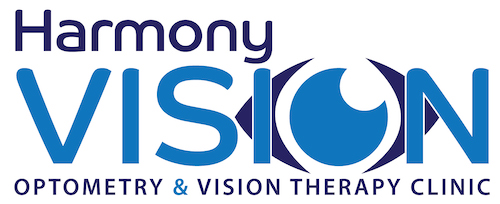Understanding Binocular Vision Dysfunction: What You Need to Know
In this article, we'll shed light on what binocular vision dysfunction is, its symptoms, and how our experienced optometrists can help you overcome it for clearer, more comfortable vision.
What is Binocular Vision Dysfunction?
Binocular vision dysfunction, often referred to as BVD, is a condition where both eyes don't work together as a team as they should. Our eyes are designed to work in harmony, allowing us to see a single, clear image. When this coordination breaks down, it can lead to a range of visual discomfort and challenges.
Common Symptoms of Binocular Vision Dysfunction:
- Eye Strain and Fatigue: Individuals with BVD often experience eye strain, headaches, and fatigue, particularly when reading or performing close-up tasks for extended periods.
- Depth Perception Problems: Reduced depth perception can lead to difficulties with judging distances, making activities like catching a ball or parking a car more challenging.
- Poor Concentration: BVD can impact concentration and the ability to maintain attention, especially during tasks that demand visual focus.
- Frequent Loss of Place While Reading: Reading can become frustrating when the eyes don't work together, causing words to appear to jump around or lose their place on the page.
- Light Sensitivity: Some people with BVD may also experience increased sensitivity to light, known as photophobia.
How Can We Help?
Our experienced optometrists are highly trained to diagnose and treat binocular vision dysfunction. Through a comprehensive eye examination, we can identify the underlying issues causing your discomfort. Treatment options may include:
- Prescription Lenses: In some cases, specially designed eyeglasses or contact lenses can help improve binocular vision and reduce symptoms.
- Vision Therapy: Vision therapy exercises and activities can be tailored to retrain and strengthen neuro-muscular function, enhancing binocular vision and visual comfort.
- Lifestyle Adjustments: Our optometrists can also provide guidance on ergonomic changes and habits that can reduce eye strain and discomfort in your daily life.
Conclusion:
If you're experiencing any of the symptoms mentioned above, it's essential to schedule an appointment with our skilled optometrists. We are dedicated to improving your vision and overall eye health, helping you enjoy clear, comfortable, and seamless binocular vision once again. Don't let binocular vision dysfunction hold you back from living life to the fullest. Contact us today to schedule a consultation and take the first step toward better vision.


 The importance of talking with teachers to identify vision issues
The importance of talking with teachers to identify vision issues
